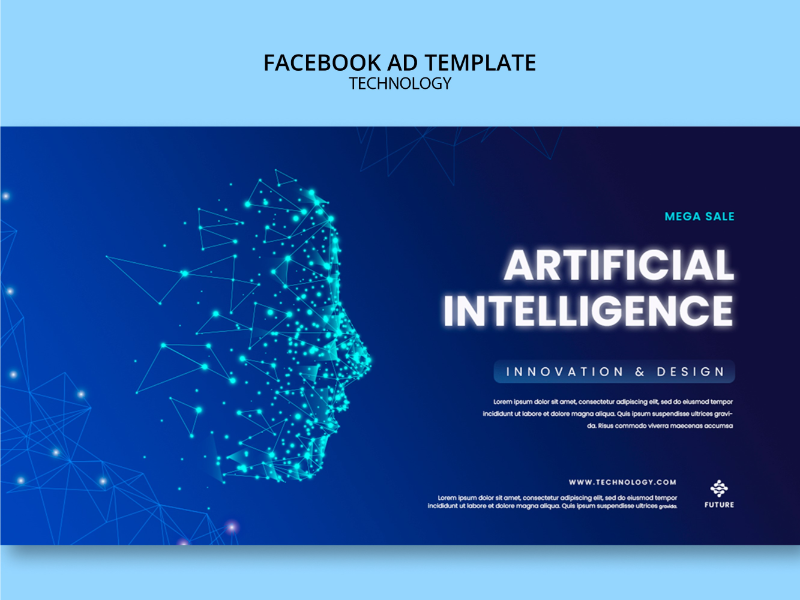- AI transformation is a strategic initiative whereby a business adopts and integrates artificial intelligence (AI) into its operations, products and services to drive innovation, efficiency and growth.
- AI transformations employ machine learning and deep learning models—for example, computer vision, natural language processing (NLP), and generative AI.
Typically, an AI transformation is a more holistic endeavor than the simple replication of existing business processes with new technologies. A well-crafted AI transformation strategy has the capacity to create entirely new ways of doing business, increase productivity and facilitate sustainable growth. To best realise and scale the technology, AI transformations require broad changes to business strategies and cultures.
Also read: AI and automation: Global transformation
Also read: Exploring the 4 main areas of digital transformation
Technologies in AI transformation
An AI transformation strategy can involve any number of technologies, often requiring a broad toolkit of solutions. Some of the most common include: natural language processing (NLP), computer vision, OCR and digitisation, IoT integrations, Automation, expert systems and decision support, generative AI and big data analytics.
These technologies collectively redefine industries, driving profound shifts in efficiency, user experience, and decision-making. NLP empowers systems to understand and generate human language, revolutionizing customer service and content creation. Computer vision enhances automation and safety across sectors such as manufacturing and healthcare, while OCR and digitization streamline data entry and archival processes, unlocking vast stores of historical information. IoT integrations interconnect devices, optimizing logistics and resource management. Automation reduces human error and frees resources for higher-level tasks, while expert systems and decision support provide invaluable insights for complex decision-making. Generative AI innovates creative fields, generating art, music, and literature, while big data analytics harness vast datasets to derive actionable insights, driving strategic business decisions. Together, these technologies form the cornerstone of AI transformation strategies, reshaping industries and economies worldwide.
How to develop a targeted AI strategy
Organizations that embrace an AI-first mentality, rather than digitizing their business process, stand to gain a significant competitive advantage in the rapidly changing business ecosystem. And while no single standard playbook for an AI transformation exists, common considerations during the early planning stages of an AI transformation include:
- Strategy and value: What are the use cases and objectives for an AI transformation? Which workflows will be augmented, and what are the internal metrics for success?
- Technology and data: Which models, data and deployment strategies are best suited to the organization’s strategy?
- Experience design: How will users, both internal and external, interact with AI?
- Operating models: How will an organization scale new technologies across their business?
- Talent and culture: How will an organization embrace a culture of AI through its training, upskilling and hiring?
4 stages to AI transformation
AI transformation is a dynamic process, and implementation looks different for every company. But before an organization trains and deploys an AI, it typically follows the following planning processes to ensure the effectiveness of its strategy:
1. Information gathering
During this stage, an organization performs research to gain an understanding of such tools as generative AI, machine leaning, computer vision, and other technologies. During this exploratory phase, stakeholders might list business problems AI can address and outline what benefits might be gained.
2. Assessing current resources and limitations
Before making a comprehensive plan, an organization typically audits its existing business, reviewing the capacity of its IT department and data practices.
3. Defining objectives
During this phase, the organization identifies which specific problems it hopes to solve, and how success will be measured during implementation.
4. Building a roadmap
In creating a roadmap, the organization chooses AI projects based on practical needs, determining what kind of support might be required — and which partners or vendors with AI-specific expertise should be involved.

